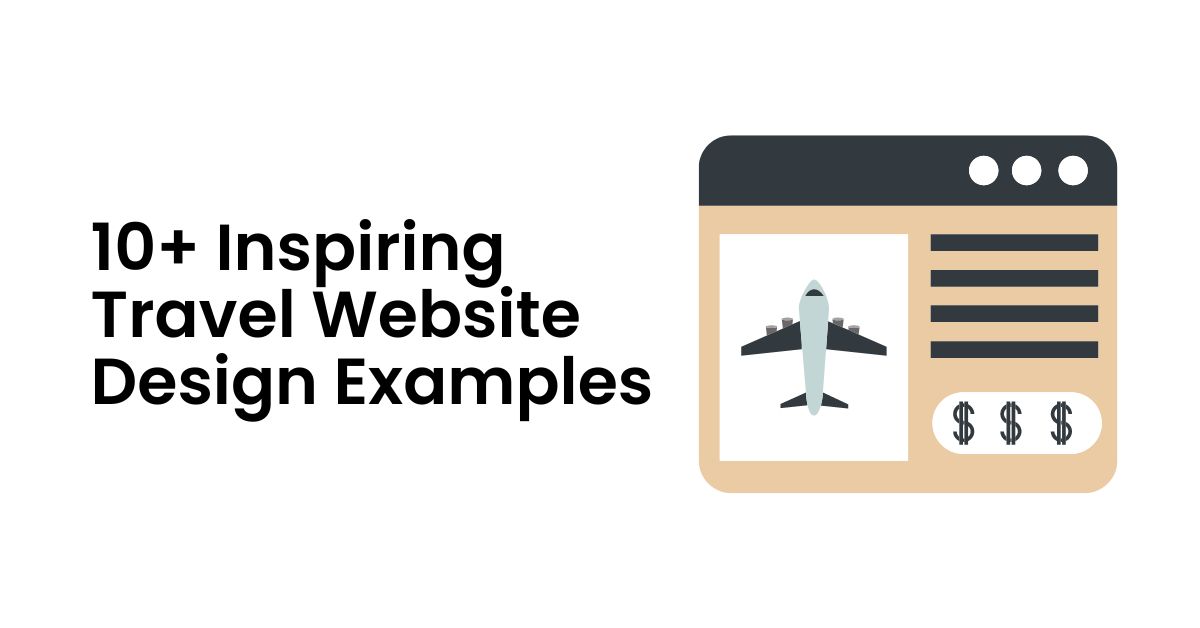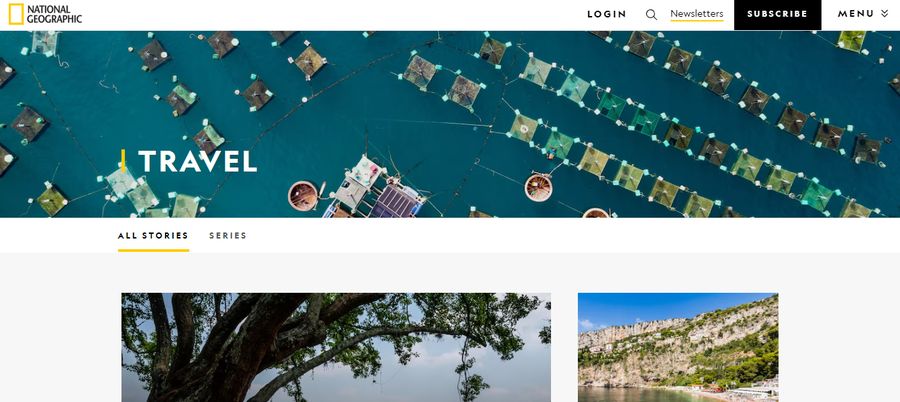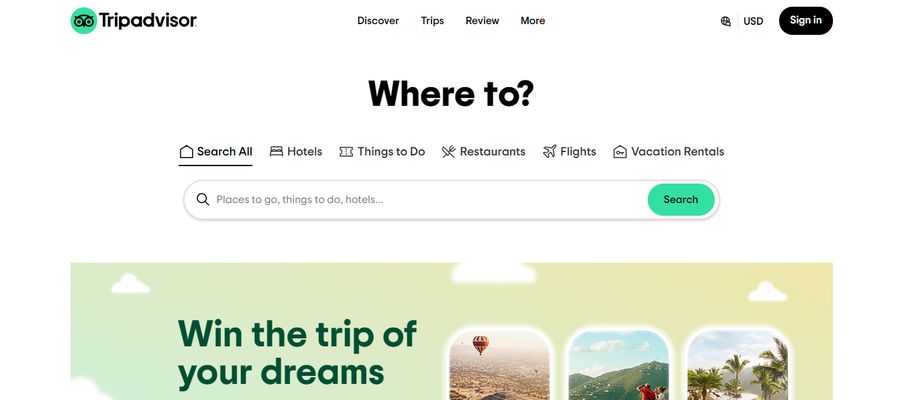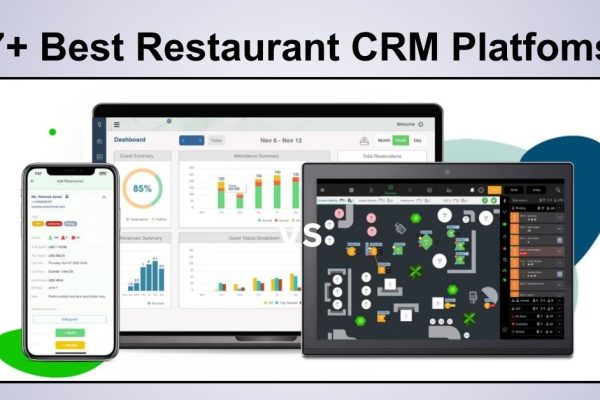Top 10+ Inspiring Travel Website Design Examples

Are you looking for the best travel website design examples?
The travel industry is a visual feast, enticing us with breathtaking landscapes, vibrant cultures, and unforgettable experiences. But before we pack our bags, our journey often begins online. That’s why a well-designed travel website is the digital equivalent of a captivating travel brochure – it inspires wanderlust, informs decisions, and ultimately, drives bookings.
In this article, we’ll unveil the 10+ best travel website design examples that set the standard for user experience, visual appeal, and awesomeness. Whether you’re a travel enthusiast, a web designer, or simply looking for inspiration, these websites will spark your imagination and show you what’s possible.
If you want to create a travel website with WordPress, you can refer to our best travel WordPress theme – Travel Tour Booking WordPress Theme.
Learn MoreKey Elements of Successful Travel Website Design
Before we dive into the travel design website examples, let’s explore the essential things that make a travel website truly stand out:
- User Experience (UX): A smooth, intuitive navigation is paramount. Users should be able to find information effortlessly, browse destinations, and book their dream trip without frustration. Clear calls to action and fast loading times are also crucial.
- Visual Appeal: High-resolution images and videos transporting visitors to far-off lands are essential. A captivating color palette that reflects the brand’s personality and evokes emotions can also make a huge difference.
- Responsive Design: In today’s mobile-first world, your website must adapt seamlessly to different screen sizes. A responsive design ensures your site looks stunning and functions flawlessly on desktops, tablets, and smartphones.
- Storytelling: Travel is about experiences. Use compelling narratives and visuals to share stories that resonate with your audience and inspire them to embark on their adventures.
- Functionality: A travel website should be more than just pretty pictures. Offer essential features like easy booking processes, powerful search filters, personalized recommendations, and interactive maps.
Top 10+ Inspiring Travel Website Design Examples
Airbnb

Airbnb has revolutionized the travel industry by offering unique accommodations and experiences worldwide. Their travel agency website design reflects this spirit of adventure and personalization. Featuring high-quality photos and videos that showcase the charm of various listings, Airbnb’s platform immerses users in the essence of each destination.
The clean layout and easy-to-use filters empower users to quickly find their ideal stay, whether it’s a cozy cabin in the woods or a stylish apartment in a bustling city. Moreover, Airbnb’s storytelling approach through its “Experiences” section creates a sense of community and encourages exploration beyond traditional accommodations.
Google Travel

Google Travel has emerged as a comprehensive travel planning tool, aggregating flights, hotels, and attractions in one convenient platform. Its travel website design prioritizes functionality and user-friendliness. The uncluttered interface allows users to effortlessly search for travel options and compare prices from different providers.
Interactive maps and destination guides provide valuable insights, while personalized recommendations based on user preferences streamline the decision-making process. Google Travel’s emphasis on visual content, including high-resolution photos and 360-degree views, helps users envision their journeys and make informed choices.
National Geographic Travel

National Geographic Travel stands as a paragon of immersive storytelling and visual splendor. The travel design website is a harmonious blend of high-resolution photographs, captivating videos, and engaging articles that transport visitors to far-flung corners of the world. The use of a grid layout on the homepage allows for a visually appealing presentation of diverse content, from wildlife encounters in the African savanna to cultural immersions in bustling Asian cities.
Each destination page is meticulously crafted, featuring a captivating hero image that sets the tone for the exploration. The information is presented in a well-organized manner, with sections dedicated to history, culture, activities, and practical tips. The website’s intuitive navigation ensures that users can effortlessly discover the content that resonates with their interests.
Culture Trip

Culture Trip is a treasure trove for travelers seeking authentic and off-the-beaten-path experiences. The website design for travel agency reflects its commitment to showcasing the unique cultural tapestry of destinations around the globe. The homepage features a curated selection of articles, videos, and photo essays that delve into the heart of local traditions, cuisines, and artistic expressions.
One of the standout features of Culture Trip is its emphasis on local voices. The platform provides a platform for local writers, photographers, and filmmakers to share their perspectives and insights, offering a genuine glimpse into the soul of a destination. This approach not only enriches the content but also fosters a sense of connection and understanding between travelers and the communities they visit.
Lonely Planet

Lonely Planet, a renowned name in the travel industry, boasts a website that seamlessly blends captivating visuals with user-friendly navigation. The homepage welcomes visitors with a stunning carousel showcasing breathtaking landscapes and diverse cultures. The travel website design masterfully incorporates vibrant colors and high-quality images, instantly transporting users to far-flung corners of the globe.
The website’s layout is intuitively organized, allowing effortless exploration of destination guides, travel tips, and inspirational articles. Interactive maps and detailed itineraries provide practical tools for trip planning, while the integrated booking platform simplifies the process of securing flights, accommodations, and tours. Lonely Planet’s website caters to both seasoned travelers and first-time adventurers, providing comprehensive information and fostering a sense of community through its forum and social media integration.
Travelocity

Travelocity embraces a modern, minimalist design that prioritizes user experience and functionality. The clean interface features a prominent search bar, enabling users to quickly find flights, hotels, and vacation packages tailored to their preferences. The website’s intuitive filters and sorting options streamline the decision-making process, empowering travelers to make informed choices.
Its travel design website excels in showcasing personalized recommendations and curated deals. The homepage dynamically displays relevant offers based on user behavior and search history, ensuring a customized browsing experience. The website also incorporates informative travel guides and destination highlights, inspiring users with ideas for their next adventure. Travelocity’s mobile-responsive design ensures a seamless experience across devices, allowing users to plan and book trips on the go.
Expedia

Known for its comprehensive travel offerings, Expedia boasts a clean and intuitive interface. The website’s homepage prominently features a search bar, inviting users to explore flights, hotels, car rentals, and vacation packages. Eye-catching visuals of popular destinations further entice exploration. Expedia’s user experience is enhanced by its clear categorization of travel options, detailed itineraries, and customer reviews.
Booking.com

As a leading platform for hotel reservations, Booking.com excels in simplicity and functionality. The travel website design prioritizes user needs, offering a streamlined search process with customizable filters. High-quality images of accommodations accompanied by concise descriptions aid in decision-making. Booking.com’s interactive maps and transparent pricing contribute to its user-friendly appeal.
TripAdvisor

TripAdvisor platform has revolutionized travel planning by harnessing the power of user-generated content. Its design revolves around community contributions, showcasing millions of reviews, photos, and forum discussions. The website’s intuitive layout allows users to easily discover destinations, attractions, and restaurants based on recommendations from fellow travelers. TripAdvisor’s integration of booking tools further enhances its utility.
Travel Website Design Trends to Watch
The world of web design is constantly evolving, and the travel industry is no exception. Here are a few emerging trends to keep an eye on:
- Dark Mode: Many websites are embracing dark mode for its aesthetic appeal and potential to reduce eye strain.
- Microinteractions: Subtle animations and interactive elements can add delight and engagement to the user experience.
- 3D Elements: Immersive 3D visuals can create a sense of depth and realism, making destinations even more enticing.
- Augmented Reality Experiences: AR can offer virtual tours and interactive experiences, giving users a taste of what to expect before they travel.
Conclusion On The Best Travel Website Design
Your travel website is your digital storefront. Investing in a well-designed website can significantly impact your brand’s success. Take inspiration from these examples, incorporate the latest trends, and prioritize user experience to create a website that truly stands out in the crowded travel landscape.
You may also like
7+ Best Restaurant CRM Platforms to Boost Revenue
Posted on December 23, 2025Running a successful dining establishment requires more than just excellent food and service; it requires data.
When profits are tight, building repeat customer relationships determines whether a business can succeed.
A restaurant CRM plays a crucial role as a high-value business asset.
Industry statistics frequently
7+ Best Help Desk Software for Travel and Hospitality
Posted on December 2, 2025Are you overwhelmed by a flood of booking inquiries, last-minute cancellations, and guest requests scattered across email, phone calls, and social media?
In the travel and hospitality industry, response time is the currency of trust.
A delayed response to a traveler stranded at an airport or a guest







